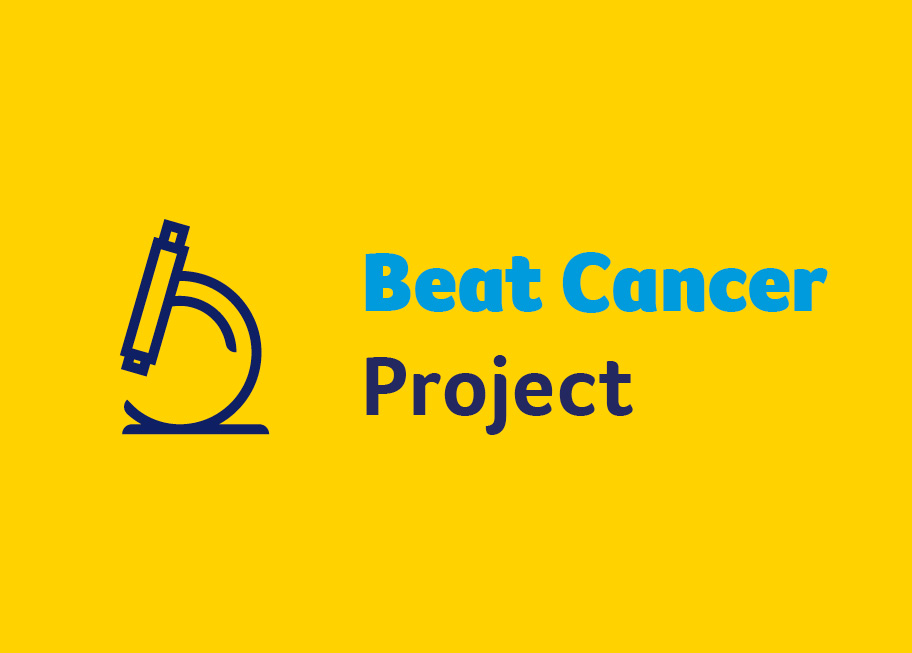
Donor Funding: $240,000
Cancer Type: All cancers
Cancer Stage: Treatment
Funded in: 2020, 2021, 2022
Dr Madele vanDyk
Flinders University
Since the discovery kinase inhibitors (KIs), a class of targeted therapy against terminal cancers, progression free survival and overall survival has greatly improved.
However, TKIs undergo complex metabolism via liver enzymes (CYP3A4), which is known for its substantial variability in activity. However, no marker to identify CYP3A4 activity in patients currently exists. Due to the wide inter-individual variability, KI concentrations have varied up to >10 fold. Despite knowing this, variability between patients are inadequately addressed and a ‘one-size fits all’ prescribing is used. This clinical issue is widely recognised but still we do not account for this variability, resulting in some patients experiencing therapeutic failure or toxicity because the dose is not enough or too much.
Therapeutic drug monitoring (TDM) can address this, measuring drug concentrations and changing the dose until the patient’s concentration is in the ‘target concentration’. Based on my previous work I have shown that with the implementation of TDM, we can prolong progression free survival significantly and thus improve patient quality of life. I have also shown that patient characteristics can be used to account for this inter-individual variability. Therefore, this study will evaluate the capacity and benefit of TDM to optimise KI dosing and determine which patient characteristics can help to predict a better dose so that we can personalise treatment to each individual and maximising treatment and minimising side effects. Since the economic health benefit has never been evaluated, this study will the first to address this by performing a cost-benefit analysis